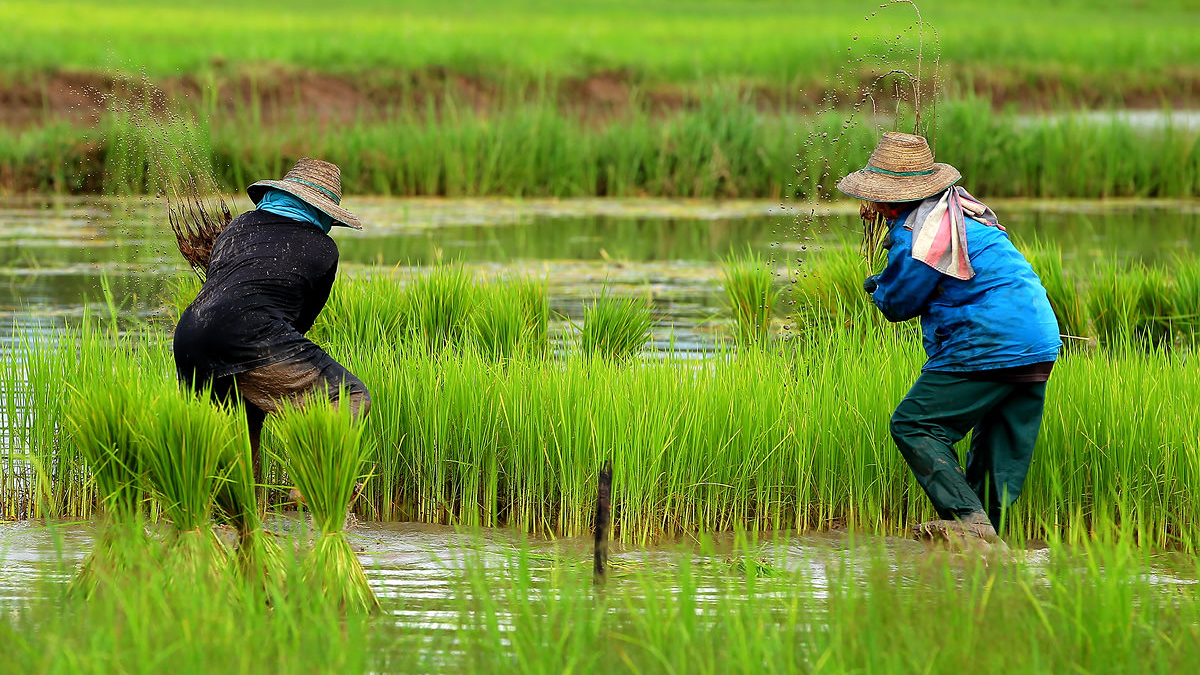BRAZIL – Vilomix Holding S/A, a subsidiary of Danish Agro, acquired a majority stake of 75% in Brazilian premixes company Vitamix Nutrição Animal limited in March 2023, according to a statement by Vitamix.
Vitamix produces mixtures of vitamins and minerals, customized products, and food additives for all species of production animals, serving customers throughout Brazil and Paraguay. In 2022, the company generated around US$18 million.
Vilomix CEO Peter Iversen sees amazing prospects in the acquisition and says that the deal fits perfectly with their strategy of becoming an even more global player.
“We initially see the main synergies between Vitamix and Vilomix, and together, we have great potential in the commercialization of feed additives and solutions custom premixes,” says Peter Iversen.
“At the same time, we believe that our strength and experience in genetics in Denmark can help strengthen Vitamix’s position in Brazil and abroad Paraguay,” Iversen added.
According to the statement by Vitamix, Enio Sônego, CEO and one of the founders of Vitamix, remains in position and keeps 25% of the company’s shares.
“The main point of our approach was the fact that we share business principles and values. Our experience and interaction in South American conditions; along with the history of suitability and reliability of Vitamix products will be expanded with all the synergies technologies for animal nutrition and production”, Enio Sonego says.
The Brazilian company produces its products without ractopamine, being part of an official program by the Ministry of Agriculture, Livestock, and Supply- MAPA, to verify the production of pigs without ractopamine consumption.
Ractopamine is an animal feed additive that promotes leanness and increases food conversion efficiency in farmed animals in several countries but is banned in others.
The Joint FAO/WHO Expert Committee on Food Additives (JECFA) has established an acceptable daily intake of 0 -1 micrograms (μg)/kg in body weight for humans.
However, some countries have banned it, linking it to restlessness, agitation, excessive oral-facial movements, and aggressive behavior in animals that consume it.
For all the latest food industry news from Africa and the World, subscribe to our NEWSLETTER, follow us on Twitter and LinkedIn, like us on Facebook and subscribe to our YouTube channel










